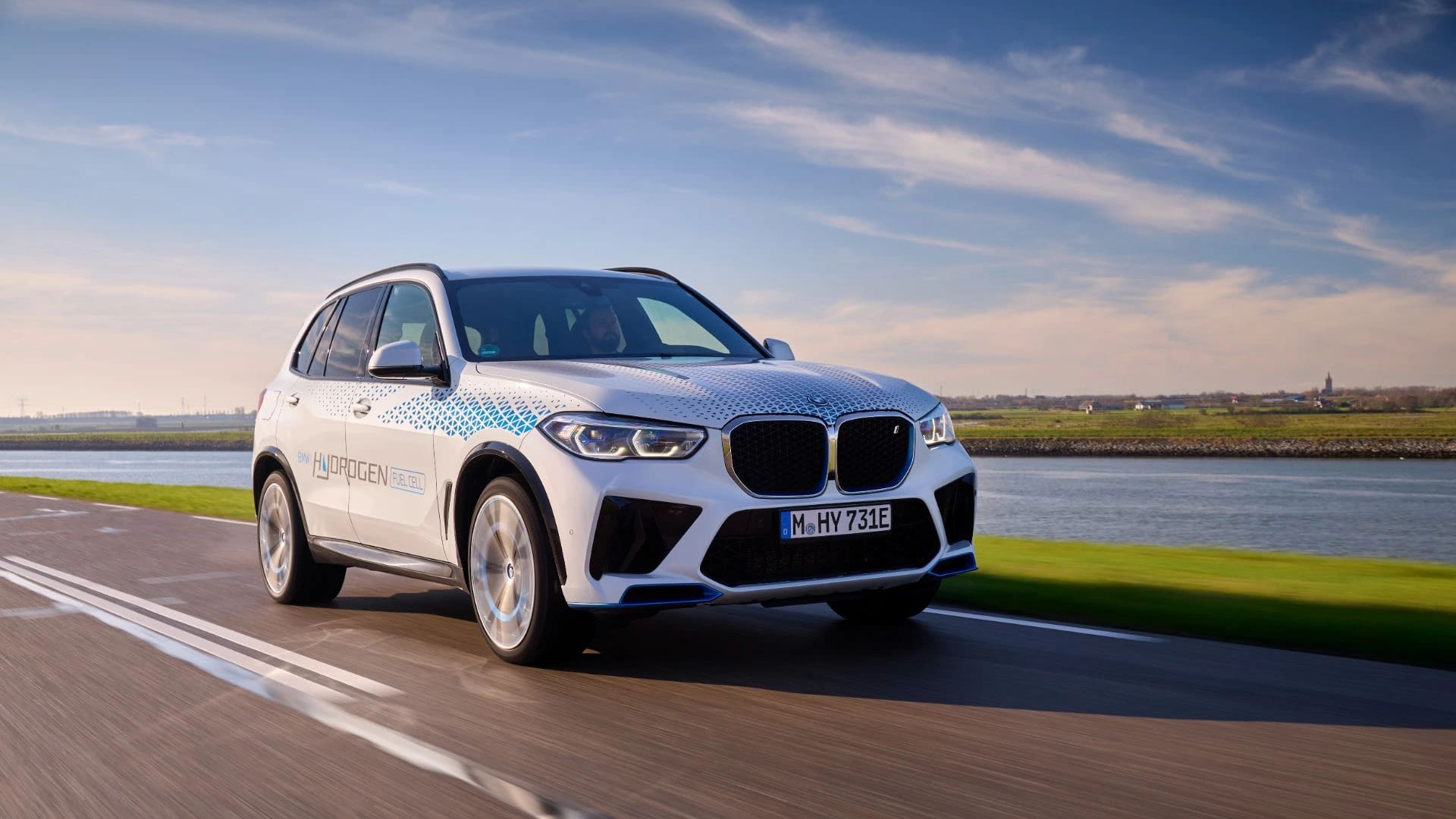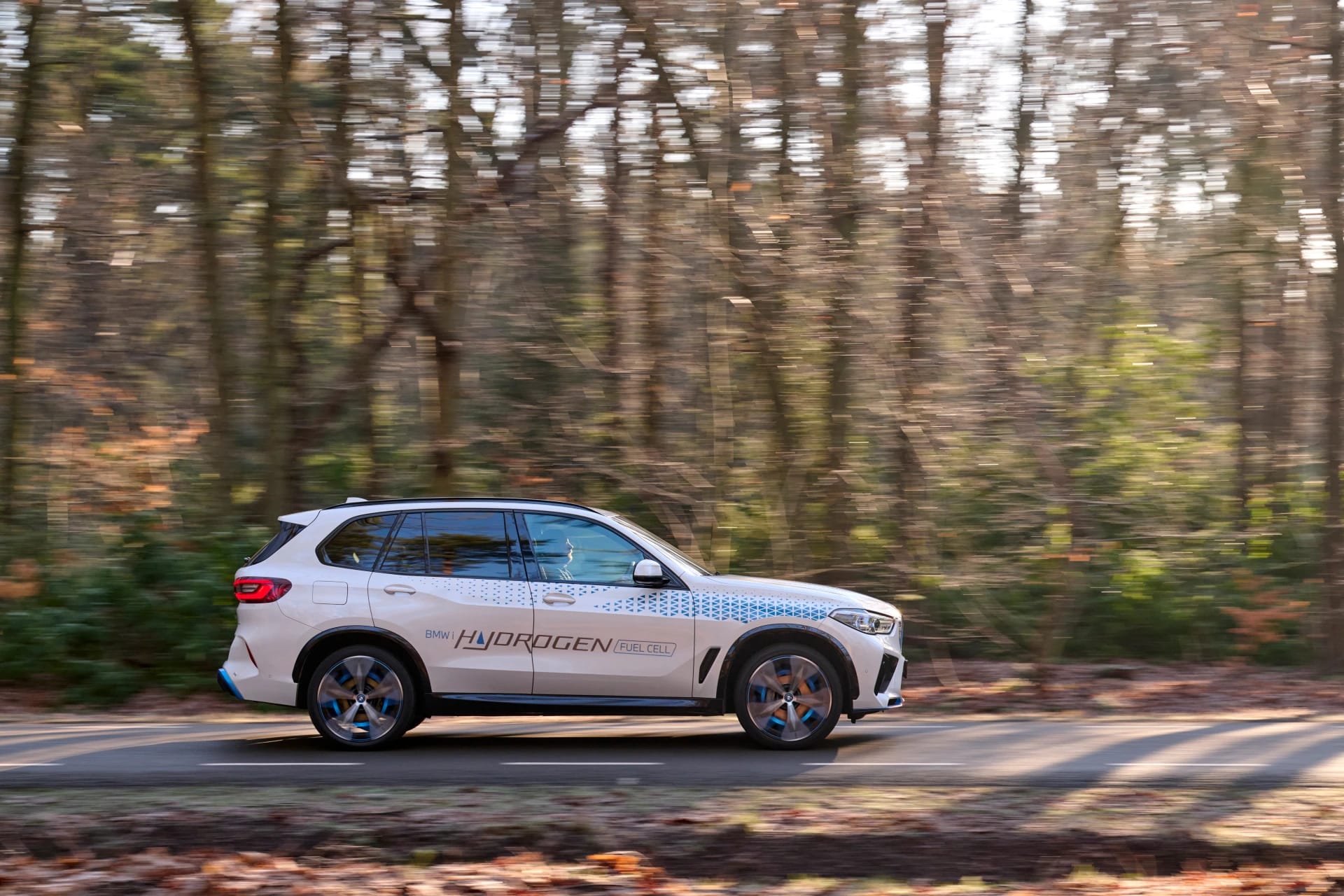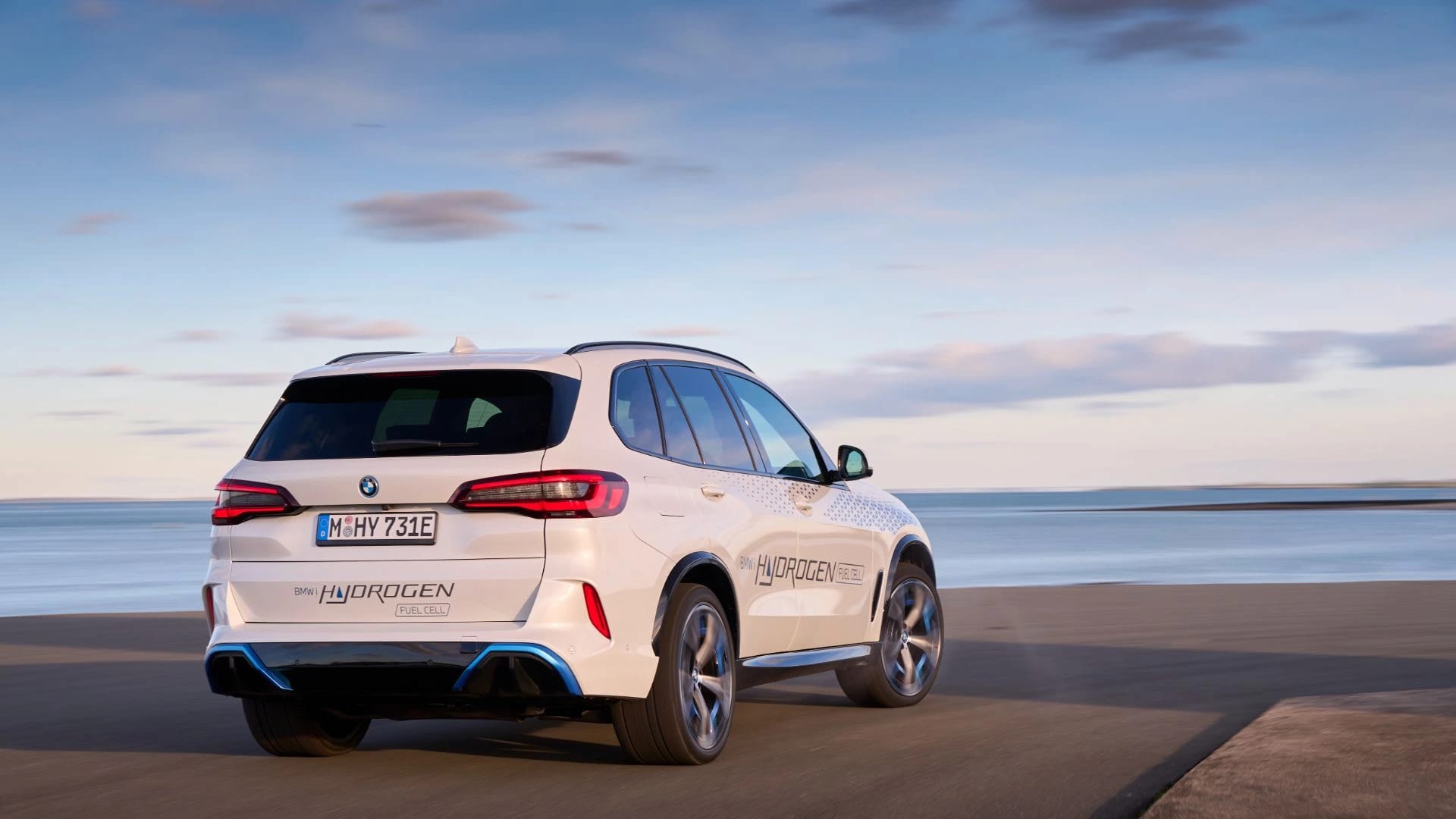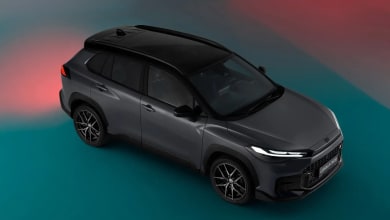BMW is launching its iX5 hydrogen pilot fleet
Exciting news from BMW – they’ve just launched their first-ever batch of iX5 Hydrogen vehicles!
This marks the culmination of decades of research by BMW Group in hydrogen powertrains. And the iX5 is no ordinary car – it boasts Toyota fuel cells and the same top-notch EV hardware that powers the BMW iX, plus a small 2.0-kWh battery to boot.
Now, hold your horses. BMW isn’t planning to sell or lease these vehicles just yet. They’ve got bigger plans – to use these nearly 100 units of the iX5 purely for demonstration purposes. Can you imagine how amazing it would be to see one of these beauties in action?

And guess what? BMW isn’t alone in their pursuit of hydrogen-powered cars. Toyota and Hyundai are a few of the other players in this field. But BMW’s iX5 is certainly leading the charge with its impressive features.
BMW iX5 is a powerful car that can reach an output of 395 horsepower, thanks to its 16 pounds of hydrogen that give it a range of 310 miles. However, don’t get too excited just yet, as BMW doesn’t plan on selling or leasing this beauty. Instead, it will be used as part of a small fleet of fewer than 100 units for demonstration purposes only.

The iX5 is built at BMW’s special pilot plant, located in Munich, and employs around 900 workers, including hydrogen fuel specialists. The build cost per unit is quite high, so it’s probably best to just admire it from afar. Despite BMW experimenting with hydrogen for years, we’re still not closer to being able to buy a hydrogen fuel-cell BMW or fuel it outside of some parts of California. So why is BMW still investing in this technology? According to Oliver Zipse, Chairman of the Board of Management of BMW AG, “Hydrogen is a versatile energy source that has a key role to play in the energy transition process and therefore in climate protection.”

While BMW is spending more on developing electric vehicles, it still sees a role for hydrogen in the future, particularly in western Europe where networks of stations are being developed to facilitate hydrogen-powered trucks running routes from port cities to manufacturing centers. Although the cost of hydrogen fuel has recently risen, the trucking industry is showing more interest in hydrogen, and BMW envisions a future where hydrogen cars will claim a small piece of the entire zero-emission vehicle market, with possible government support in the form of purchase incentives.
However, it’s important to note that progress on hydrogen has been slower than expected over the past 20 years, with EV adoption receiving an unexpected boost in Europe three years ago. From the viewpoint of 2003, both EVs and hydrogen cars were supposed to be far more commonplace than they are today, but the industry is still waiting for an EV-like tipping point. As Zipse noted, “Hydrogen is the missing piece in the jigsaw when it comes to emission-free mobility. One technology on its own will not be enough to enable climate-neutral mobility worldwide.” So let’s keep our eyes on the road and see where the hydrogen highway takes us!





